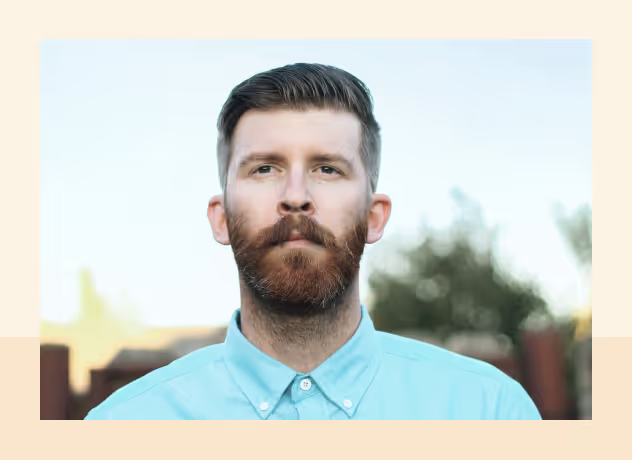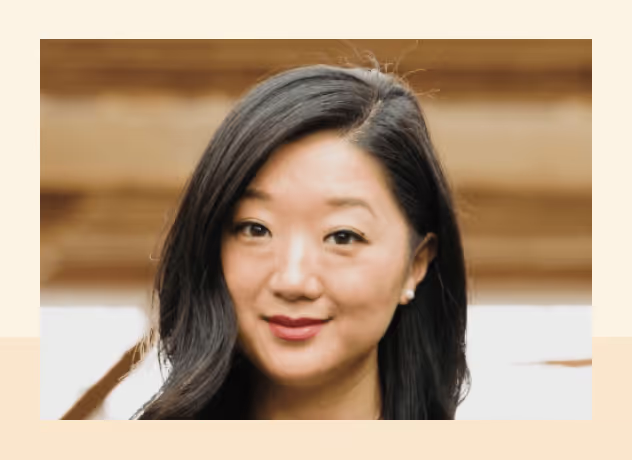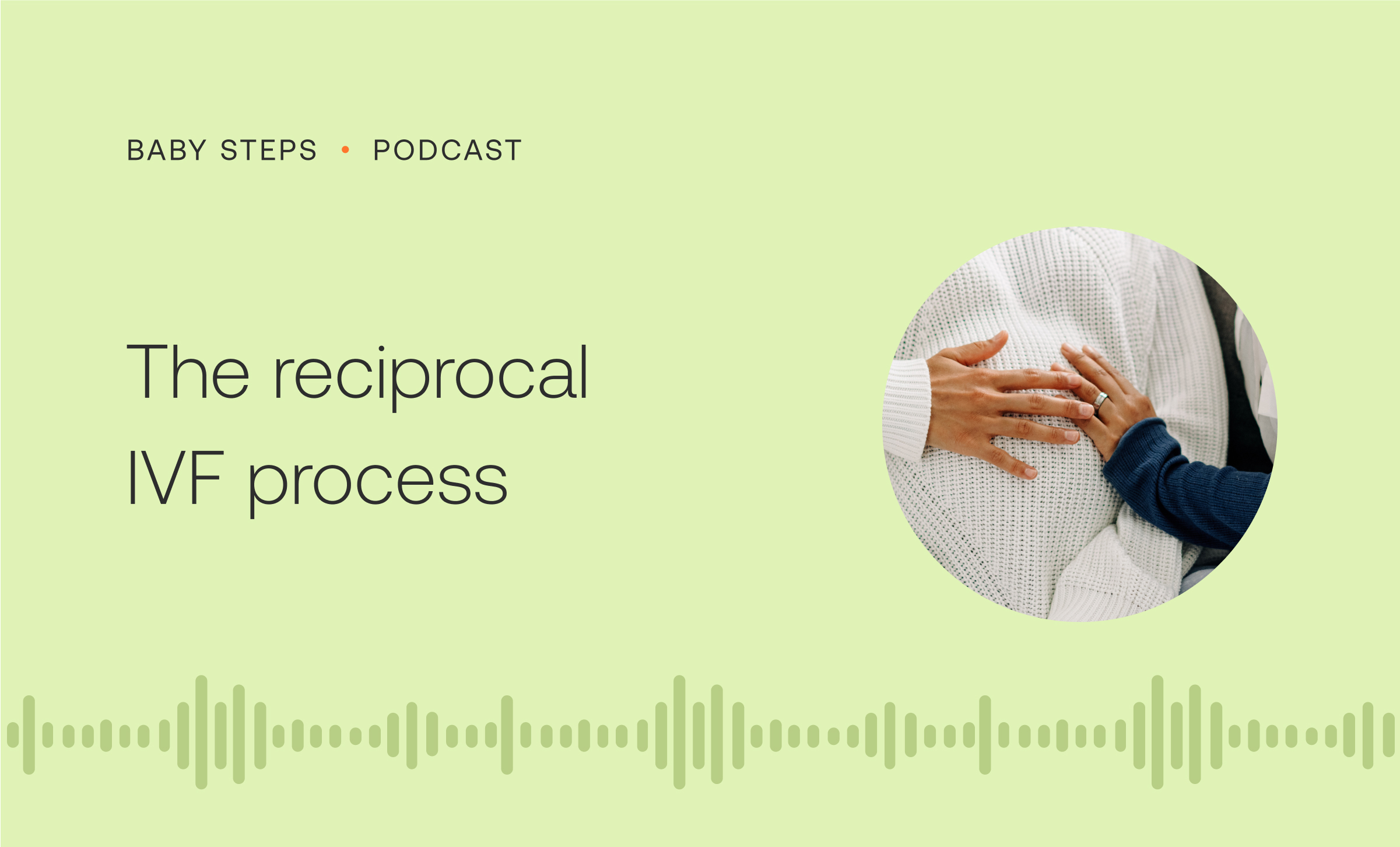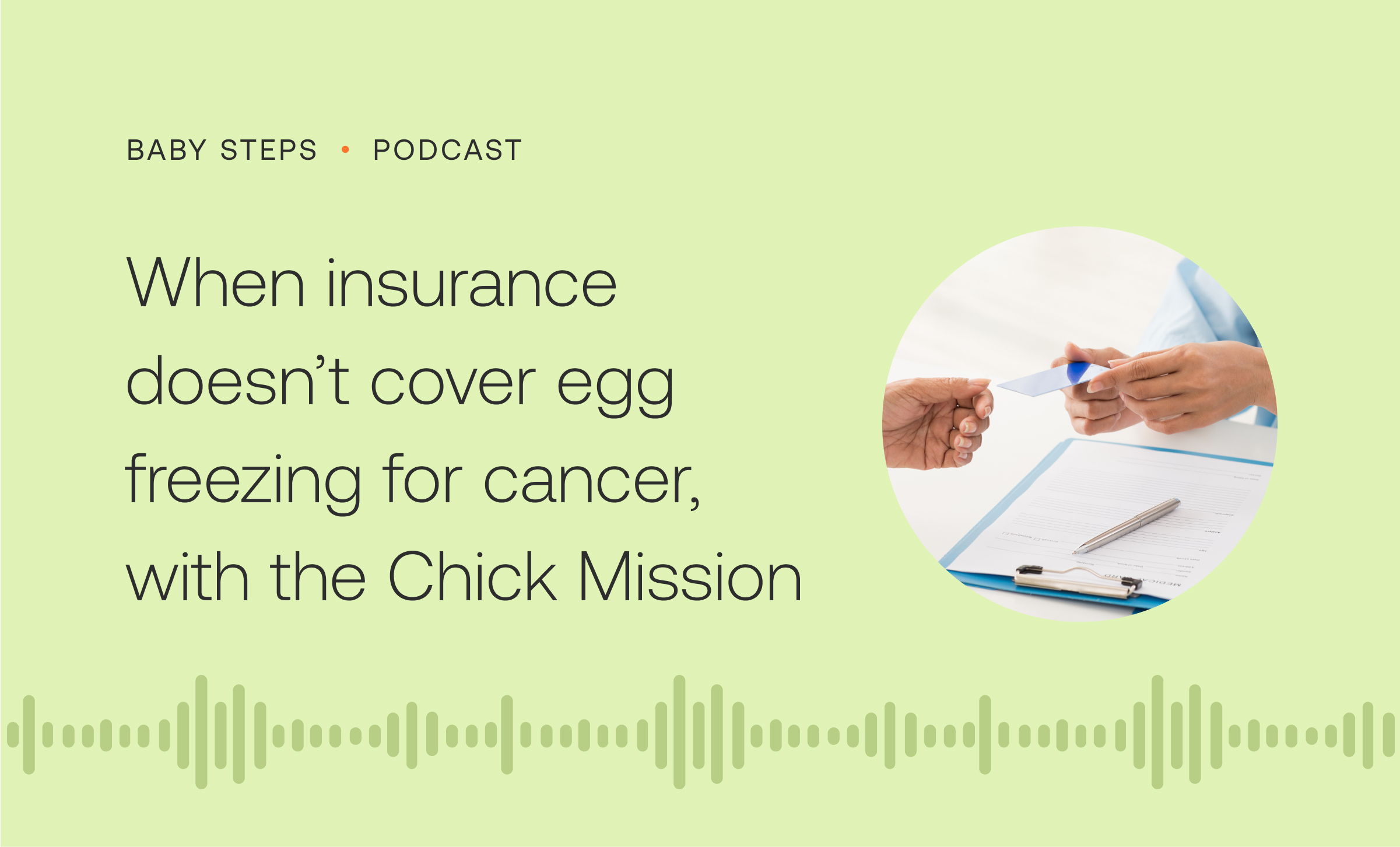Today marks the start of National Infertility Awareness Week. One in eight couples are affected by infertility in the United States — that’s about 6.7 million people each year who have trouble getting pregnant. While conversations around infertility often focus on medical infertility, there are other barriers to starting a family that are part of the story, too. Options like in vitro fertilization (IVF), adoption, and gestational carrying (commonly known as surrogacy) all cost tens of thousands of dollars – and more than 80% of people who undergo fertility treatments have little to no insurance coverage. And while conversations around fertility often focus on cis, heterosexual couples, 63% of same-sex couples have said they are interested in starting families, but insurance often does not cover services they need.
Conversations about fertility also often focus on the experiences of white people. In one review of the websites for 372 fertility clinics, 63% of those sites only featured pictures of white babies. Research shows that married Black women experience infertility at higher rates than married white women but are less likely to use assistive reproductive technology (ART). Cultural myths about Black fertility as well as income gaps exclude Black people from the conversation and reduce access to care.
It’s time to expand the conversation around infertility to include the many paths to parenthood individuals and couples from diverse backgrounds take. In our Faces of Fertility series, we’re sharing personal stories about people who have followed a range of journeys to meet their fertility and family-forming goals. You can find some of those stories below. Follow us on Instagram, Twitter, Facebook, and LinkedIn to hear more stories throughout the week.
Have your own story to share? Tag us on social media and use the hashtag #FacesOfFertility.

“Our path to parenthood was emotionally and financially draining. We both required medical procedures, followed by multiple egg retrieval cycles and frozen embryo transfers. When we were finally pregnant with our daughter, we had exhausted $80,000 of our savings. My company later added Carrot Fertility as a benefit around the same time we decided to move forward with expanding our family. I don’t know what we would have done without this benefit.”

"We've always known we would adopt. We've always felt every child deserves love and the opportunity to thrive and knew that someday we would adopt regardless of whether or not we had biological children. We used the money we would have otherwise spent on adoption for a down payment on a larger house for my family."

"My partner and I have been together for 16 years, married for three years and considering having kids for two years. Over the past 12 months, we had been researching it more in depth. One of the major shockers was the price associated with surrogacy and the agency fees. When I found out my company had Carrot, I called my partner that day. Yes, this is on the table."

"I was in my classroom. I was teaching first grade at the time. I got a phone call from my breast surgeon and she was like, remember that test? I'm like, of course. I remember the test. It came back. You know you do have cancer. It was in that initial, that first meeting, when she said, you're 26 — you may want to explore fertility preservation."

"I considered egg freezing to be an investment in my health, just like medical, dental, and vision care. But unlike medical, dental, and vision coverage, fertility coverage was not offered by my employer. Despite dutifully paying health insurance premiums for more than a decade, I spent $35,000 of my personal savings to undergo three egg freezing cycles. That cost had far-reaching repercussions on my life."













